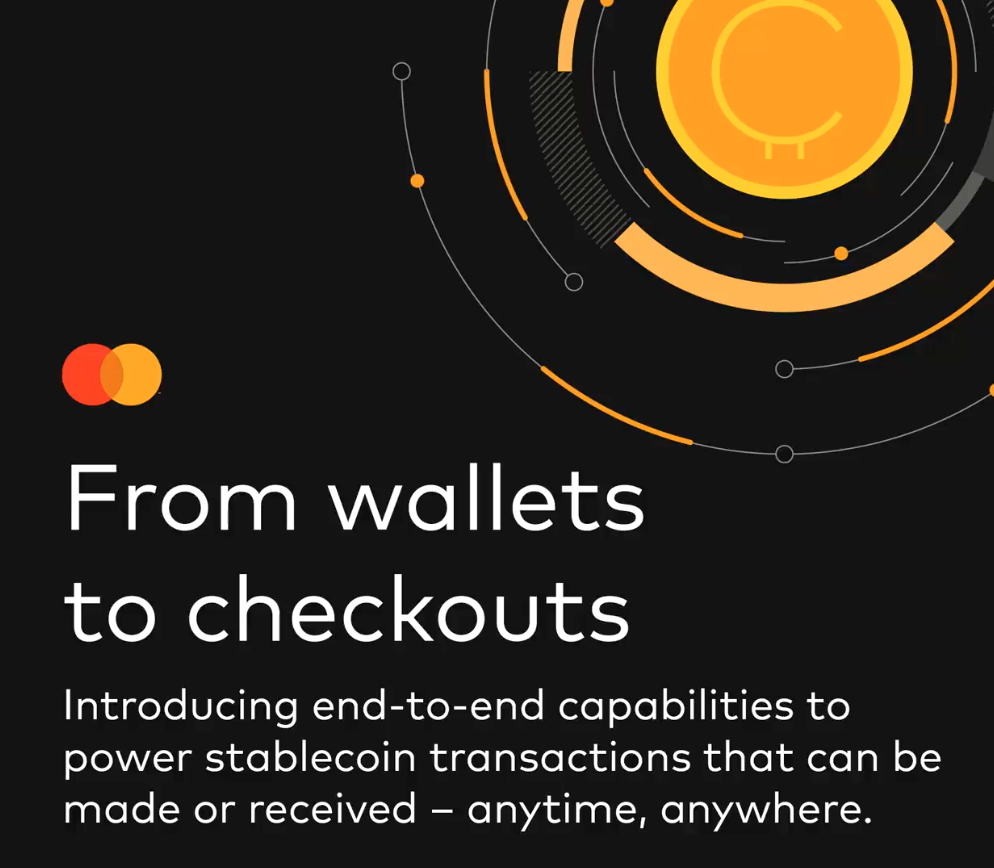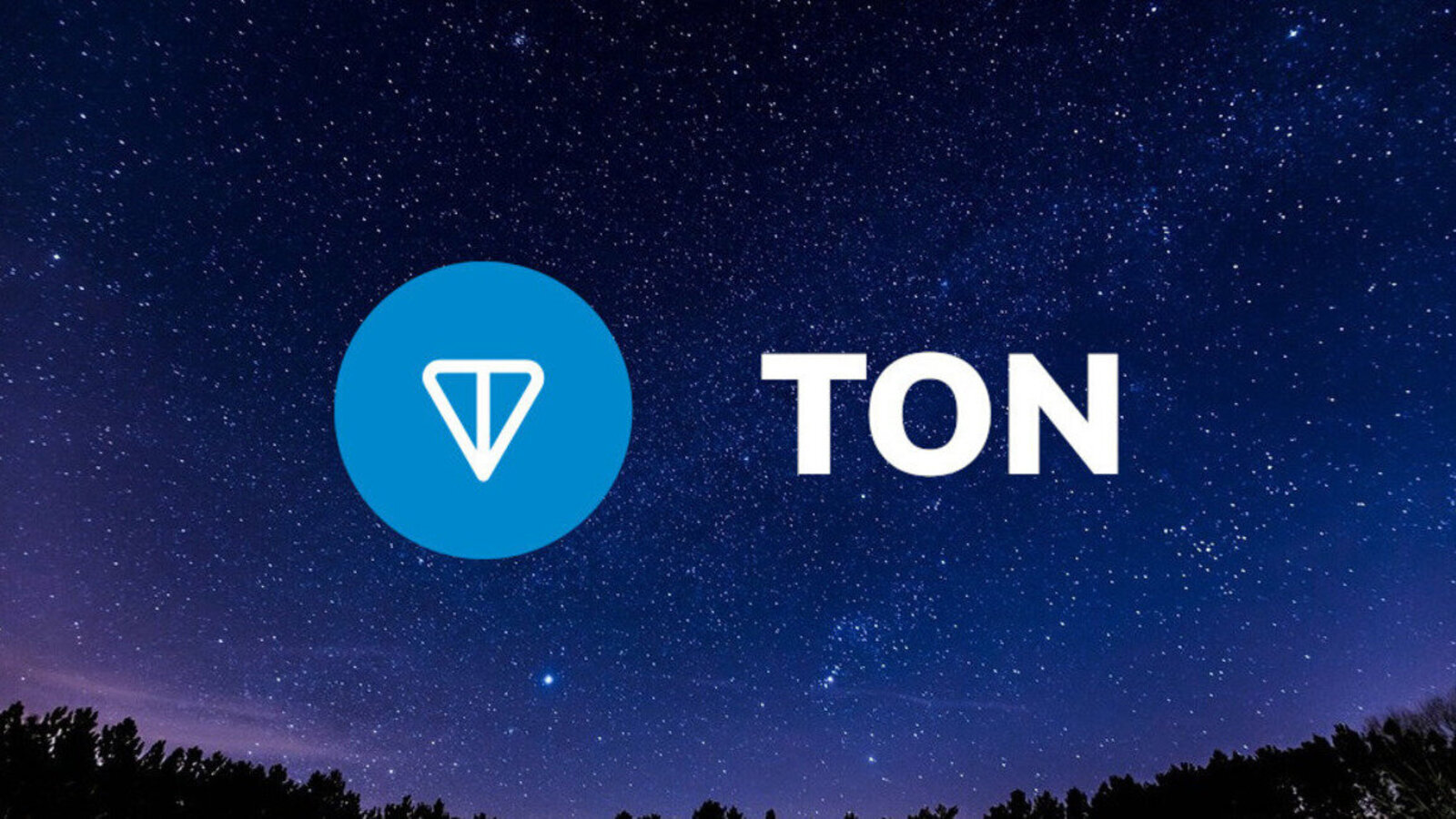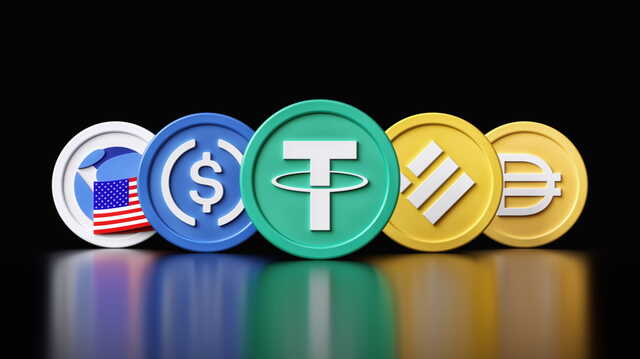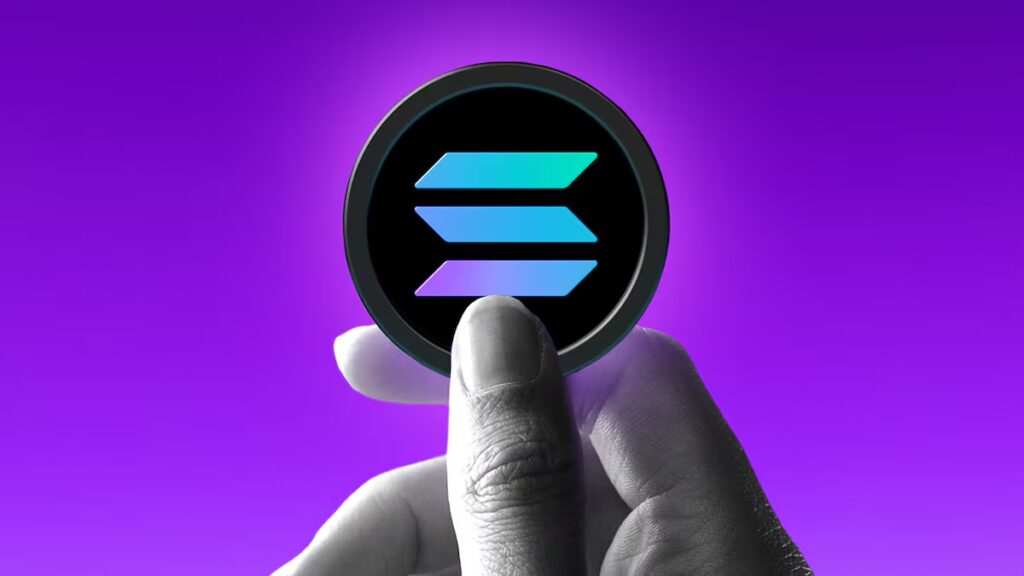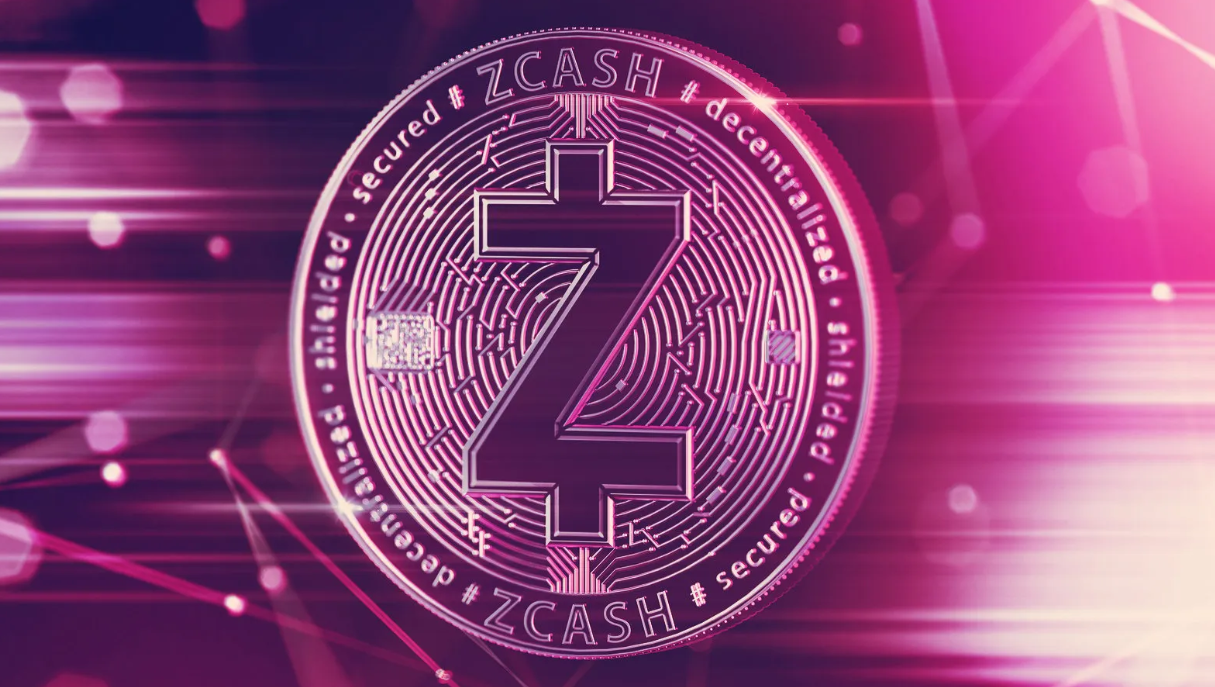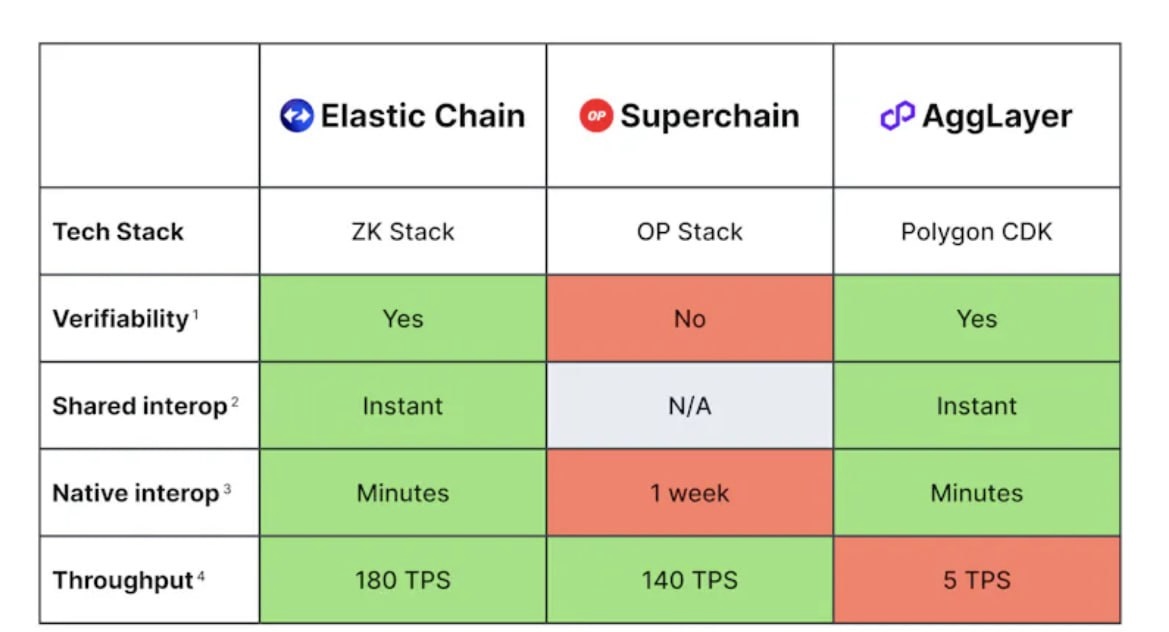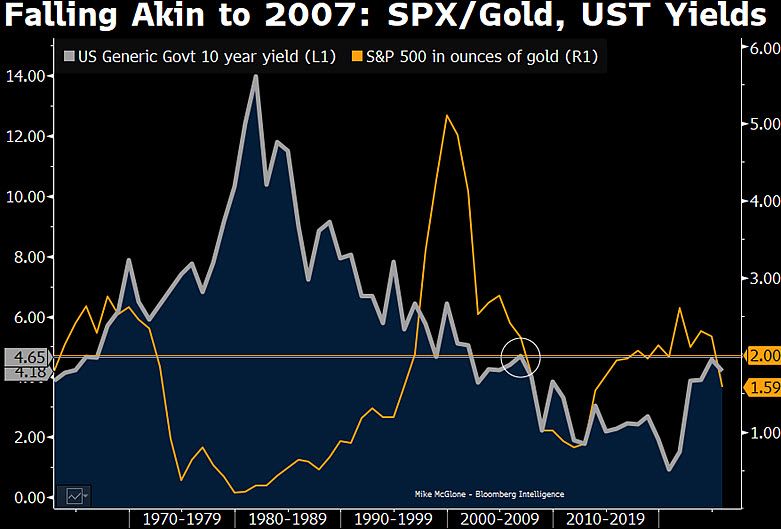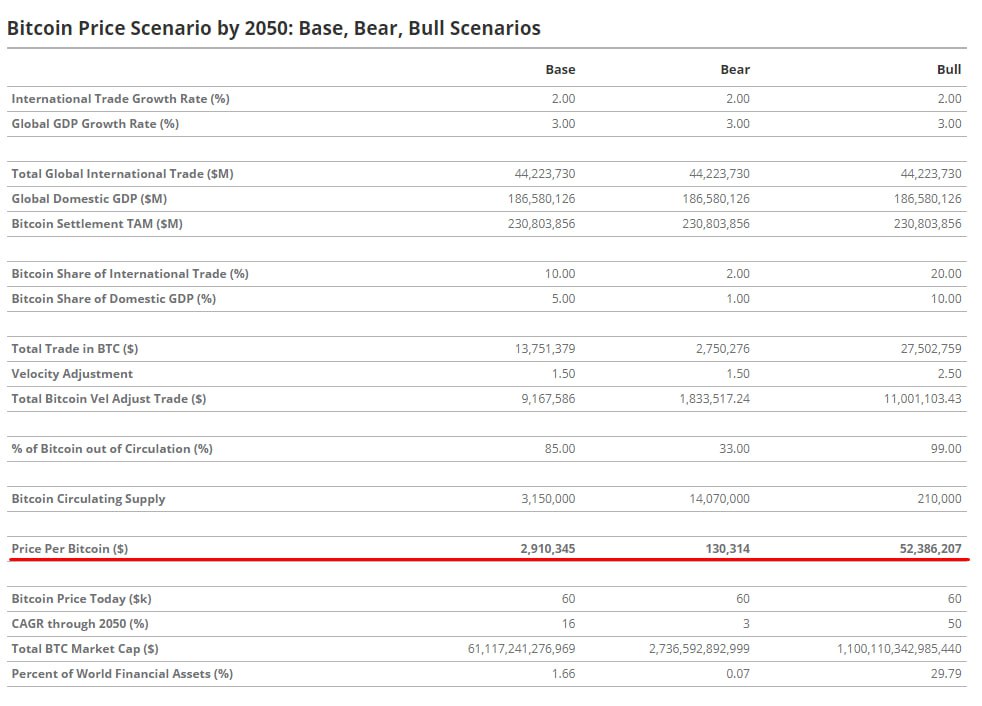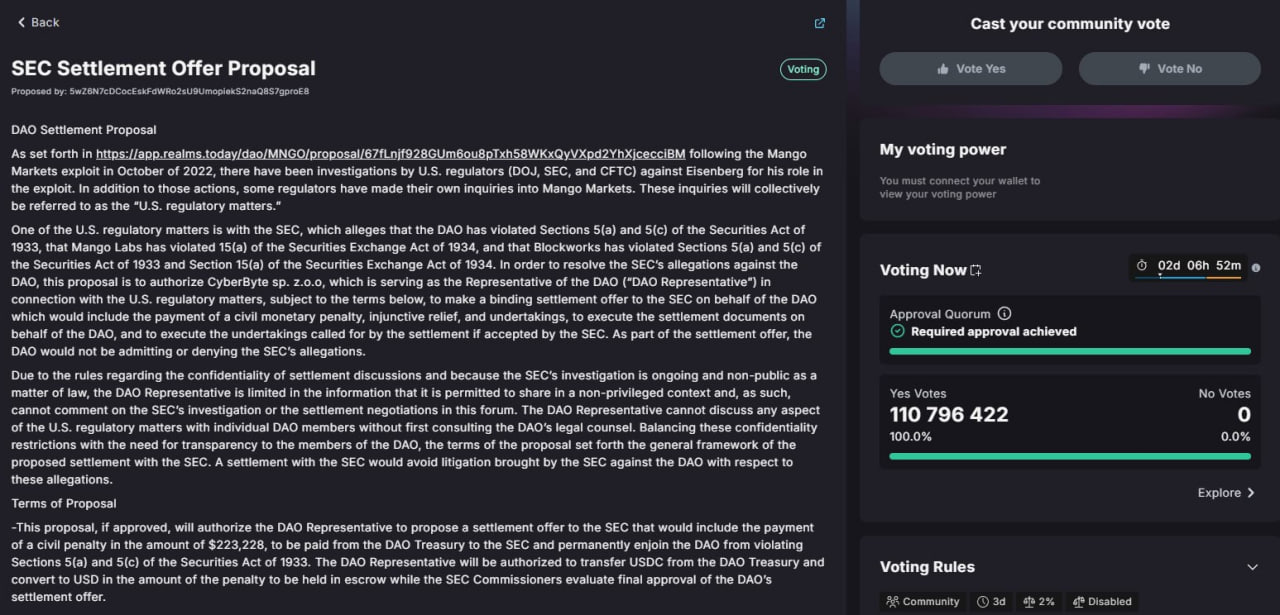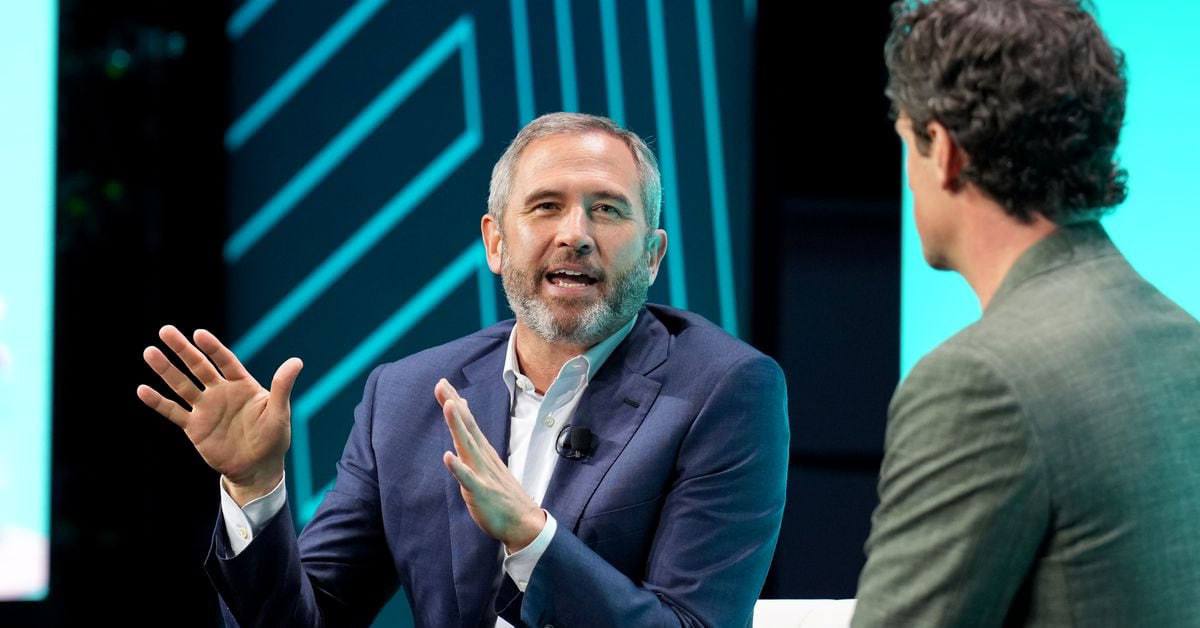Mastercard is taking another bold step toward deeper integration of digital currencies into the global payment infrastructure. The company has announced a strategic partnership with Circle, Paxos, and Nuvei, enabling over 150 million merchants worldwide to accept stablecoins—regardless of how the customer chooses to pay: card, digital wallet, or crypto platform.
This development allows businesses to accept digital dollars and other stablecoins directly, with the option to instantly convert them into fiat currencies. It simplifies transactions, especially in cross-border commerce, and is particularly relevant for regions with limited access to traditional banking or high inflation—where stablecoins often serve as a preferred medium of exchange and store of value.
Crypto Cards and Seamless Spending
In parallel, Mastercard has introduced a crypto debit card in partnership with OKX, and earlier with Kraken. These cards allow users to spend cryptocurrencies directly, anywhere Mastercard is accepted—no prior conversion needed. Merchants, in turn, can choose to receive payments in crypto or traditional fiat currencies.
Jorn Lambert, Chief Product Officer at Mastercard, stated:
“Our goal is to build an infrastructure where digital assets function just as easily and reliably as fiat money. We’re building a bridge between Web3 and the real world.”
Stablecoins Becoming the New Standard
Mastercard’s growing focus on stablecoins is no coincidence:
- The stablecoin market capitalization has surpassed $230 billion, up 54% year-over-year.
- USDT and USDC account for around 90% of the total volume.
- The number of active wallets has increased by 50%, according to data from Artemis and Dune.
Meanwhile, Circle, the issuer of USDC, recently received official approval to operate as a financial services provider in the Abu Dhabi Global Market (ADGM), reinforcing its presence in the Middle East—a region positioning itself as a hub for digital finance.
Tokenized Assets: The Next Phase
Mastercard is also actively developing solutions for tokenized assets—from bonds to real estate—collaborating with major institutions such as JPMorgan Chase, Standard Chartered, and Ondo Finance. This opens the door to instant, transparent, and low-cost global settlement without intermediaries.
What This Means for the Future
With these new initiatives, Mastercard is transforming itself from a traditional payment network into a foundational platform for the digital economy. By supporting stablecoins and tokenized assets, the company is positioning itself as a key player in shaping the future of global finance—faster, more inclusive, and decentralized.
